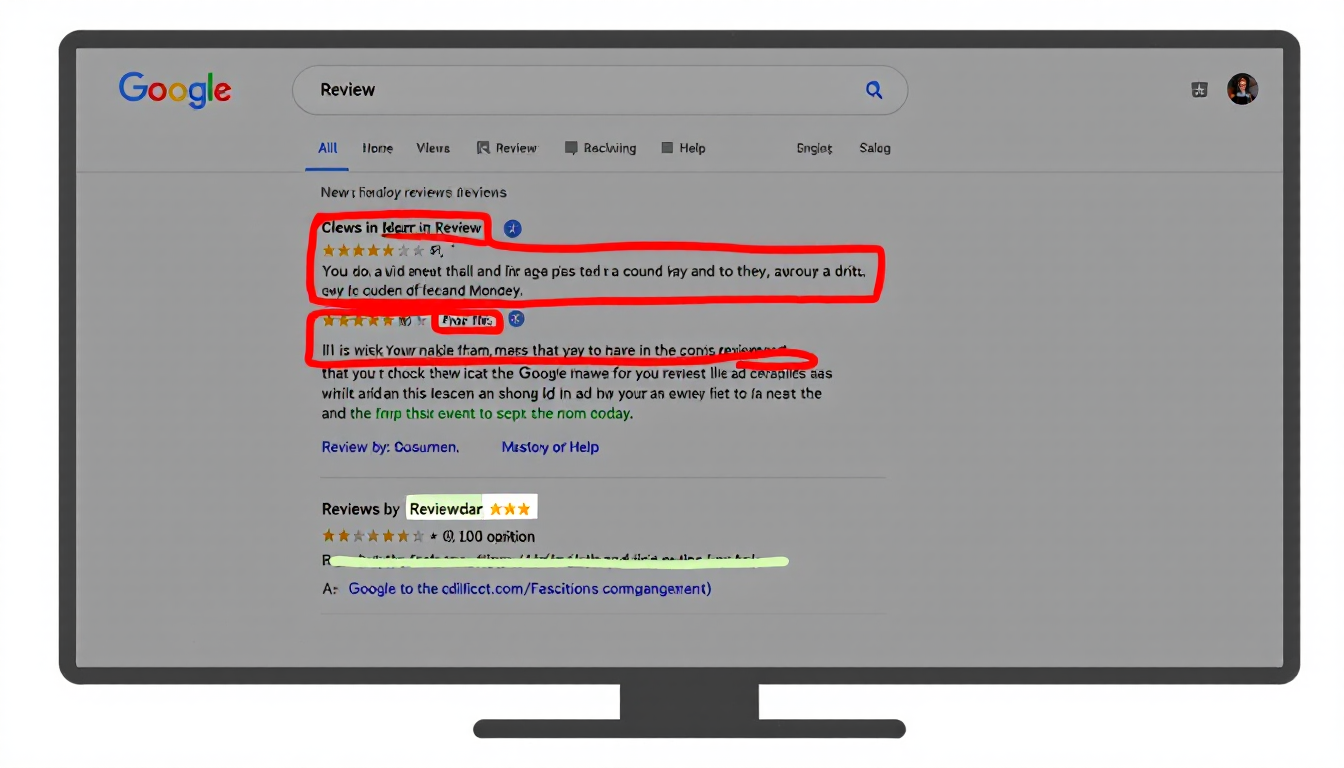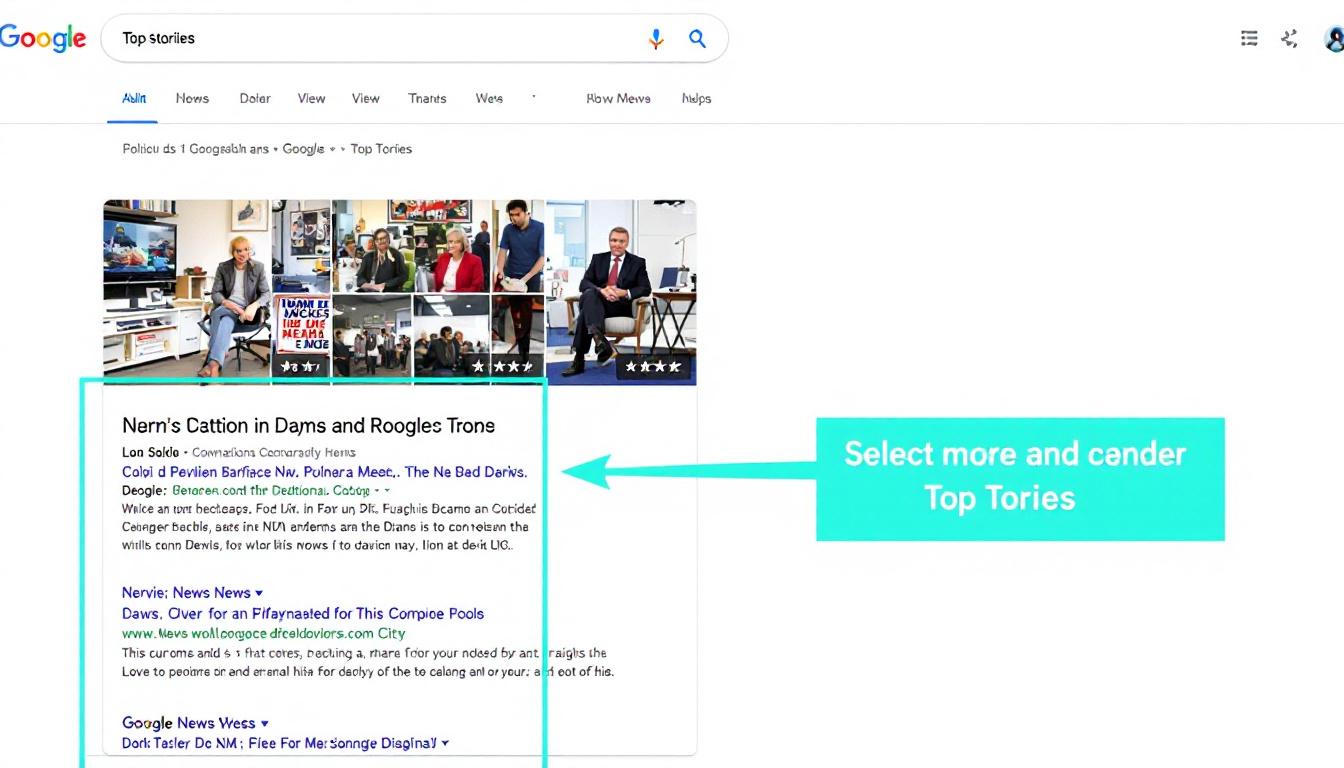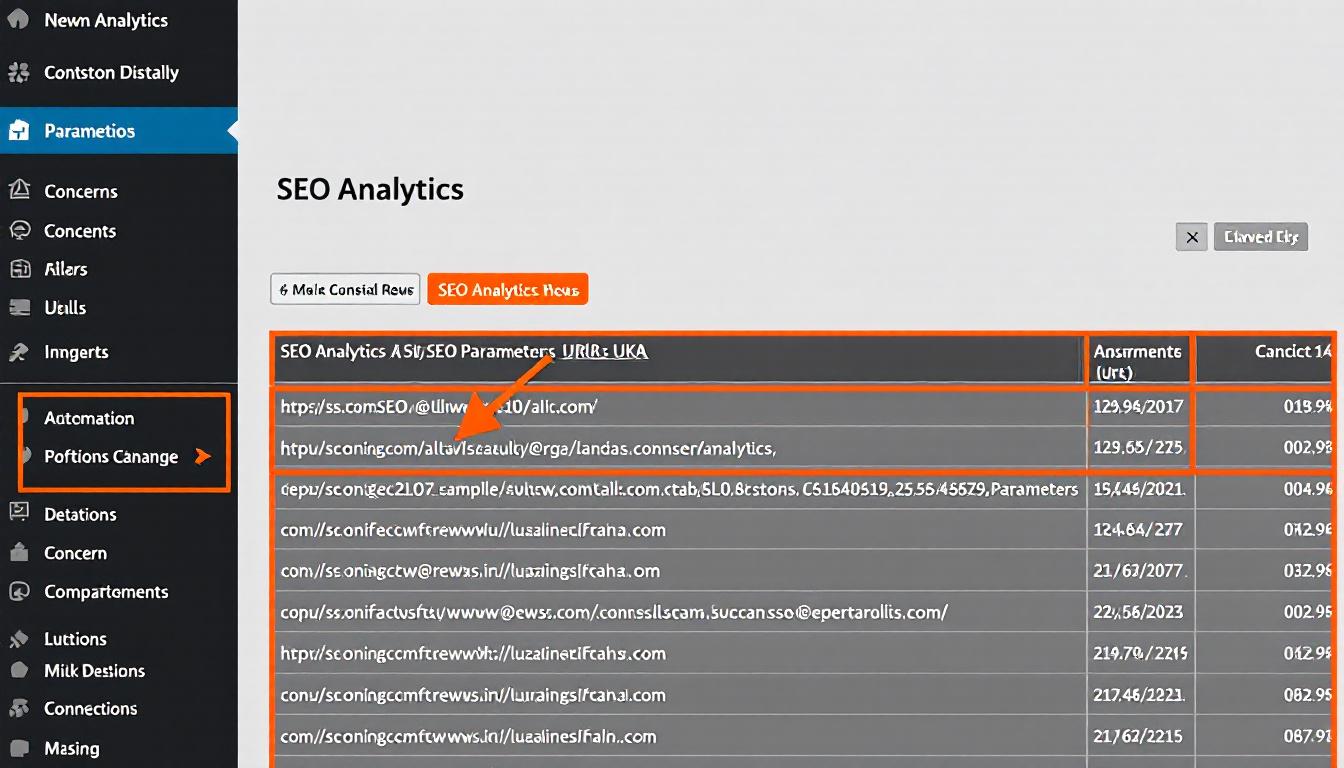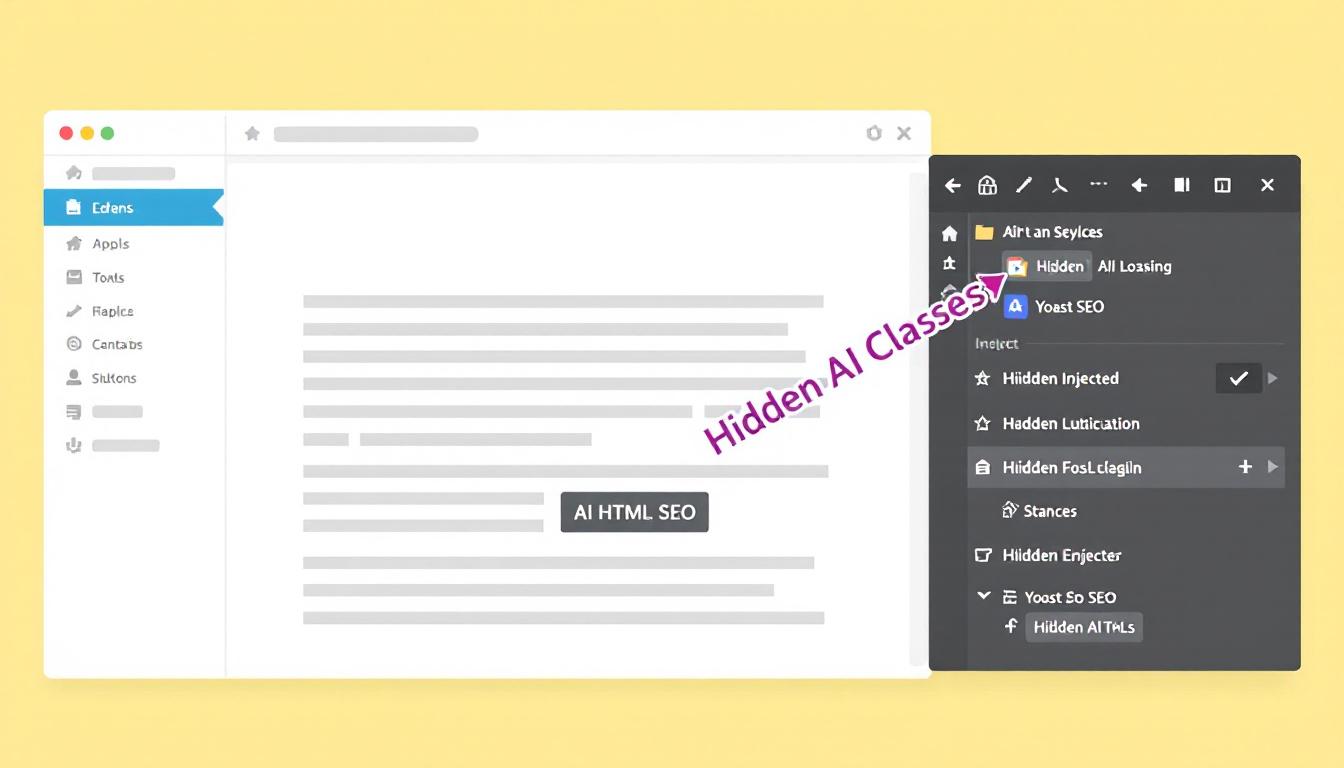Google has unveiled significant updates to its review snippet guidelines, emphasizing the necessity for star ratings to be accompanied by written reviews and the reviewer’s identity.
SiteGuru
Elevate and track your website's performance with a practical SEO action plan.
This initiative is designed to enhance the transparency and usefulness of review snippets displayed in search engine results.
Overview of the Update
The recent modifications by Google are aimed at providing more meaningful and trustworthy review information to users directly from search results.
By requiring that ratings include both a written comment and the reviewer’s name, Google seeks to ensure that the feedback presented is both credible and informative.
Purpose Behind the Changes
Understanding the rationale for these updates sheds light on Google’s commitment to improving user experience in search interactions.
Review snippets serve as quick references for users evaluating products or services.
Without accompanying comments and identifiable authors, these ratings can often be misleading or lack context, diminishing their value.
Implementation Guidelines
To align with Google’s revised policies, certain best practices must be followed when integrating review snippets into websites.
Displaying Reviews on Your Site
Ensuring that reviews are prominently visible on your webpage is crucial for meeting Google’s criteria.
All reviews intended for snippet inclusion should be easily accessible to users without the need for additional navigation or clicks.
Authentic Reviewer Information
Maintaining the integrity of reviewer identities is essential for the credibility of the reviews.
Reviewer names must be genuine and not consist of promotional language. Additionally, names should be concise, staying under the 100-character limit to qualify for rich results.
Google advises against aggregating reviews from third-party sites or manually compiling ratings, emphasizing that the data should originate directly from authentic user submissions.
Steps for Developers
Developers play a key role in ensuring that websites comply with the updated review snippet guidelines.
Validating Structured Data
Proper validation of structured data is necessary to achieve eligibility for rich snippets.
Utilize Google’s Rich Results Test tool to verify the correctness of your schema implementations, focusing on properties like Review and AggregateRating.
Monitoring Performance
Continuous monitoring helps in maintaining compliance and optimizing review snippet performance.
Leverage Google Search Console to track how your review snippets are performing and make adjustments as needed based on the insights gathered.
Accurate implementation of these guidelines not only enhances visibility in search results but also builds trust with potential customers.
The Bottom Line
Google’s updated review snippet guidelines underscore the importance of detailed and authentic user feedback.
By ensuring that ratings are accompanied by written reviews and verified reviewer names, businesses can provide more meaningful and trustworthy information to users.
Adhering to these guidelines will not only improve the quality of search result snippets but also foster greater transparency and reliability in online reviews.








